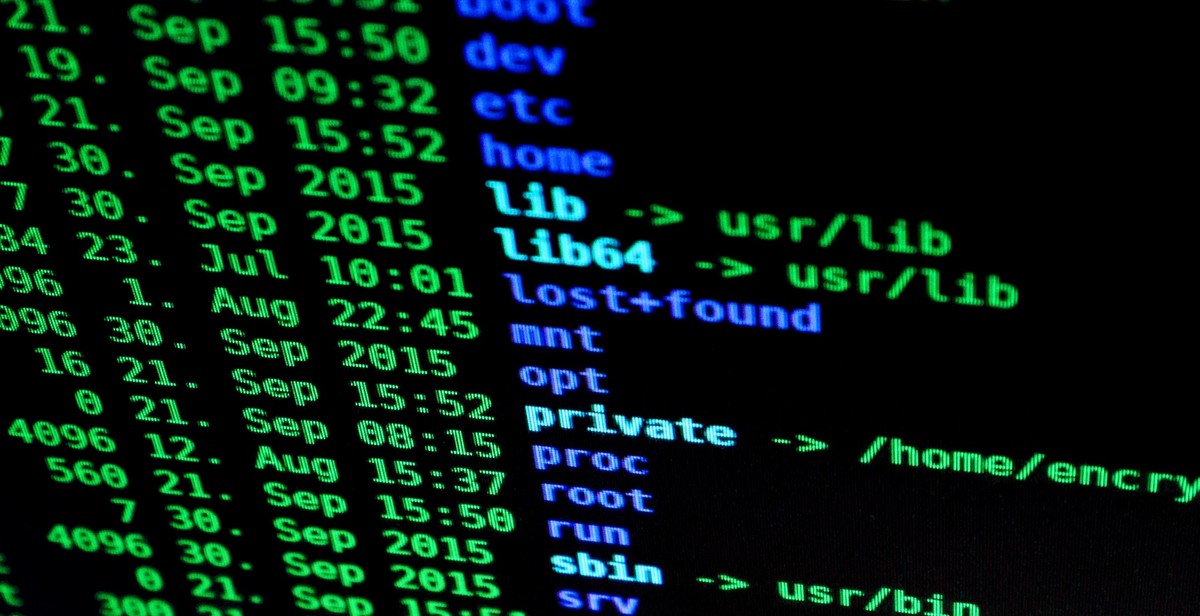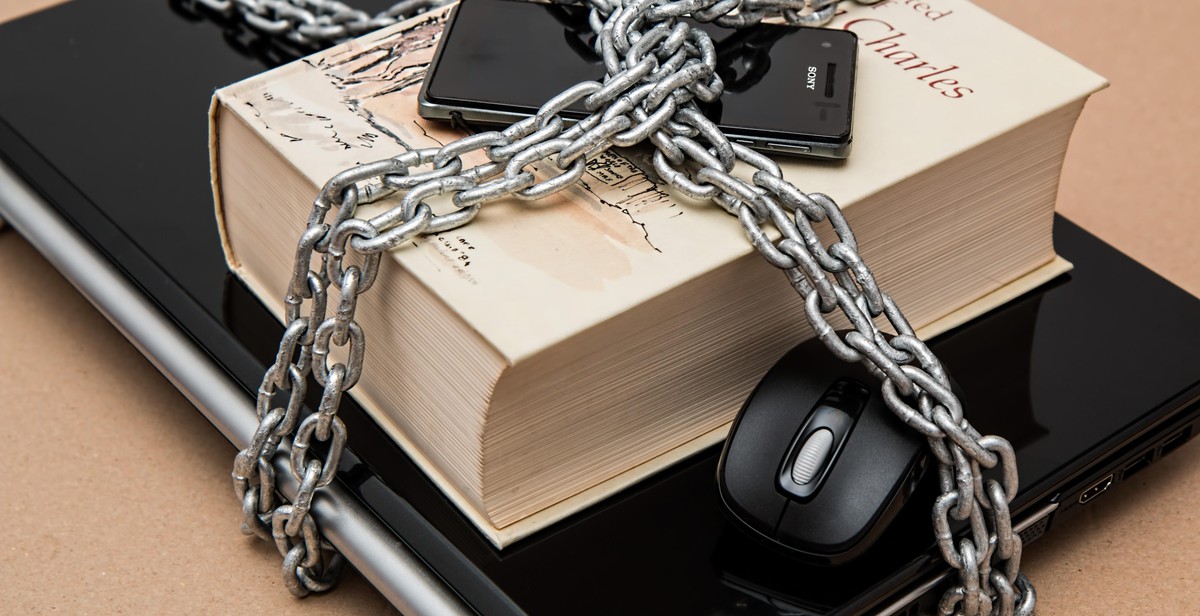Introduction: How to Implement Privacy and Security Measures in Crypto Transactions
Cryptocurrency transactions have become increasingly popular due to their convenience and security features. However, as with any online transaction, there are risks involved, such as hacking and theft. Therefore, it is essential to implement privacy and security measures to protect your crypto assets.
What are Crypto Transactions?
Crypto transactions involve the transfer of digital assets, such as Bitcoin, Ethereum, and other cryptocurrencies, between two parties without the need for an intermediary, such as a bank. These transactions are recorded on a decentralized public ledger, known as a blockchain, which ensures the security and transparency of the transaction.
However, despite the security features of the blockchain, crypto transactions are not entirely immune to risks. Hackers and cybercriminals are always looking for ways to exploit vulnerabilities in the system to steal crypto assets.
To protect your crypto assets, it is crucial to implement privacy and security measures, such as using secure wallets, two-factor authentication, and avoiding public Wi-Fi networks when making transactions.
Conclusion
In this article, we will discuss the best practices for implementing privacy and security measures in crypto transactions to protect your assets from cyber threats. By following these tips, you can ensure the safety and security of your crypto assets and enjoy the benefits of decentralized transactions.

Why Privacy and Security Measures are Important in Crypto Transactions
Cryptocurrency transactions are decentralized and unregulated, which means that they are not subject to the same security measures as traditional financial transactions. This makes them more vulnerable to hacking, fraud, and theft. Therefore, it is essential to implement privacy and security measures to protect your crypto assets and transactions.
Privacy Measures
Privacy measures are crucial to protect your identity and transactions from being traced or hacked. Here are some privacy measures you can implement:
- Use anonymous wallets: Use wallets that don’t require personal information to keep your identity anonymous.
- Use a VPN: Use a Virtual Private Network (VPN) to hide your IP address and location from prying eyes.
- Use a privacy-focused cryptocurrency: Use cryptocurrencies like Monero and Zcash that offer enhanced privacy features.
Security Measures
Security measures are essential to protect your crypto assets from theft and fraud. Here are some security measures you can implement:
- Use strong passwords: Use strong and unique passwords for all your crypto accounts and wallets.
- Enable two-factor authentication: Enable two-factor authentication (2FA) for all your crypto accounts and wallets to add an extra layer of security.
- Use hardware wallets: Use hardware wallets to store your crypto assets offline and protect them from online threats.
- Keep your software up-to-date: Keep your crypto software and wallets up-to-date to ensure that they have the latest security patches and features.
Conclusion
Implementing privacy and security measures in your crypto transactions is essential to protect your assets and identity from being stolen or hacked. By following the above measures, you can minimize the risks and ensure that your crypto transactions are safe and secure.

Privacy Measures for Crypto Transactions
One of the main benefits of using cryptocurrencies is the high level of privacy they provide. However, it is important to implement additional privacy measures to ensure that your transactions remain secure and anonymous. Here are some effective privacy measures you can implement:
1. Use of Anonymous Wallets
When choosing a wallet for your crypto transactions, it’s critical to select one that has strong privacy features. An anonymous wallet is an excellent option because it doesn’t require users to provide personal information during the registration process. Anonymous wallets are less likely to be targeted by hackers and other malicious actors.
2. Implementing Two-Factor Authentication
Two-factor authentication is a security feature that requires users to provide two forms of identification before accessing their account. This feature helps to prevent unauthorized access to your crypto wallet and transactions. Many wallets and exchanges offer two-factor authentication, so it’s important to enable this feature whenever possible.
3. Utilizing VPN Services
Virtual private network (VPN) services are designed to keep your internet connection secure and private. When using a VPN, your internet traffic is routed through a secure server, making it difficult for hackers and other third parties to intercept your data. VPN services are an effective way to enhance the privacy of your crypto transactions.
4. Avoiding Public Wi-Fi for Transactions
Public Wi-Fi networks are often unsecured and can be easily hacked. When using public Wi-Fi networks, it’s possible for hackers to intercept your internet traffic and steal your crypto assets. To prevent this, it’s important to avoid using public Wi-Fi networks when making crypto transactions.
5. Using Pseudonyms for Transactions
To maintain anonymity in your crypto transactions, it’s important to use pseudonyms instead of your real name. Pseudonyms are fake names that can be used to complete transactions without revealing your true identity. Many wallets and exchanges allow users to create pseudonyms, making it easy to maintain privacy in your transactions.
6. Implementing Multi-Signature Transactions
Multi-signature transactions require multiple signatures before a transaction can be completed. This feature helps to prevent unauthorized access to your crypto assets and provides an additional layer of security. Many wallets and exchanges offer multi-signature transactions, so it’s important to enable this feature whenever possible.
By implementing these privacy measures, you can ensure that your crypto transactions remain secure and anonymous. Remember to always prioritize the privacy and security of your crypto assets.

Security Measures for Crypto Transactions
As the popularity of cryptocurrencies continues to grow, so does the need for security measures to protect them. Here are some of the most effective security measures to implement when conducting crypto transactions:
1. Use of Cold Storage Wallets
Cold storage wallets are devices that store your cryptocurrency offline, making them less vulnerable to hacking and theft. These wallets are usually in the form of a USB drive and can be disconnected from the internet when not in use. By keeping your cryptocurrencies in cold storage wallets, you reduce the risk of your funds being compromised.
2. Implementing Password Management Tools
One of the most basic security measures when it comes to crypto transactions is to use strong passwords. Password management tools, such as LastPass and 1Password, can help you generate and securely store complex passwords for your wallets and exchanges. This reduces the risk of your accounts being hacked due to weak passwords.
3. Keeping Software Up-to-Date
Keeping your wallet and exchange software up-to-date is crucial in ensuring that your funds are secure. Developers constantly release updates to fix bugs and improve security, so it is important to install these updates as soon as they become available.
4. Conducting Due Diligence on Exchanges and Wallets
Before using any new wallet or exchange, it is important to conduct due diligence to ensure that it is reputable and secure. You can read reviews and check user feedback to determine if the platform has a good track record of security. Avoid using platforms that have a history of hacks or security breaches.
5. Avoiding Phishing Scams and Suspicious Emails
Phishing scams are a common tactic used by scammers to steal cryptocurrencies. These scams usually involve sending fake emails or messages that appear to be from a legitimate source, such as a wallet or exchange. It is important to be cautious of any suspicious emails or messages and to verify the authenticity of the sender before taking any action.
6. Using Hardware Wallets
Hardware wallets are another form of cold storage that can be used to store cryptocurrencies offline. These wallets are small devices that connect to your computer or phone via USB and are designed to be tamper-proof. By using a hardware wallet, you can ensure that your funds are secure even if your computer or phone is compromised.
By implementing these security measures, you can significantly reduce the risk of your cryptocurrencies being stolen or hacked. However, it is important to remember that no security measure is foolproof, and it is always best to remain vigilant and cautious when conducting crypto transactions.

Conclusion
As the world becomes more digital, the need for privacy and security in crypto transactions becomes increasingly important. Implementing effective measures to protect your assets and personal information from potential threats is crucial to ensure the safety of your crypto transactions.
In this article, we have discussed several ways to implement privacy and security measures in crypto transactions. We have explored the importance of using secure wallets, two-factor authentication, and VPNs to protect your online activities. We have also highlighted the significance of conducting thorough research before investing in any cryptocurrency, as well as the importance of keeping your private keys safe.
By following these best practices, you can minimize your exposure to potential security threats and ensure the privacy and security of your crypto transactions. Remember to stay vigilant and keep up-to-date with the latest developments in the world of crypto to stay ahead of potential threats.
Key Takeaways
- Use a secure wallet to store your cryptocurrency.
- Enable two-factor authentication to add an extra layer of security.
- Use a VPN to protect your online activities.
- Conduct thorough research before investing in any cryptocurrency.
- Keep your private keys safe.
| Remember: | Protecting your privacy and security in crypto transactions is crucial to safeguard your assets and personal information. |
